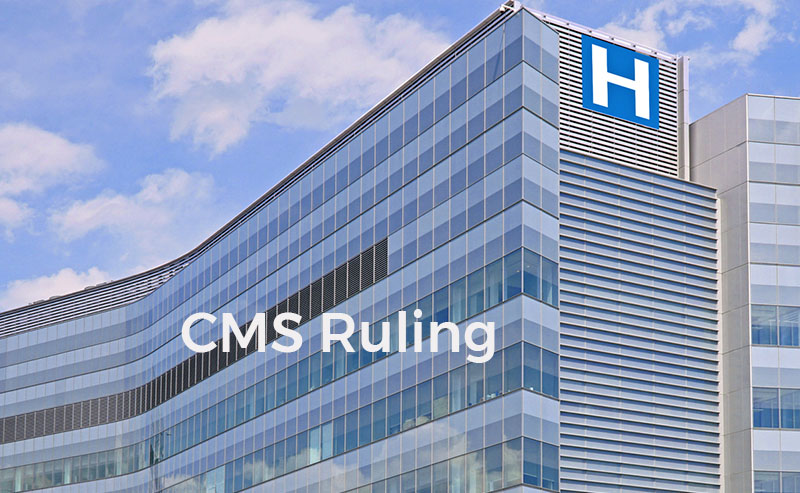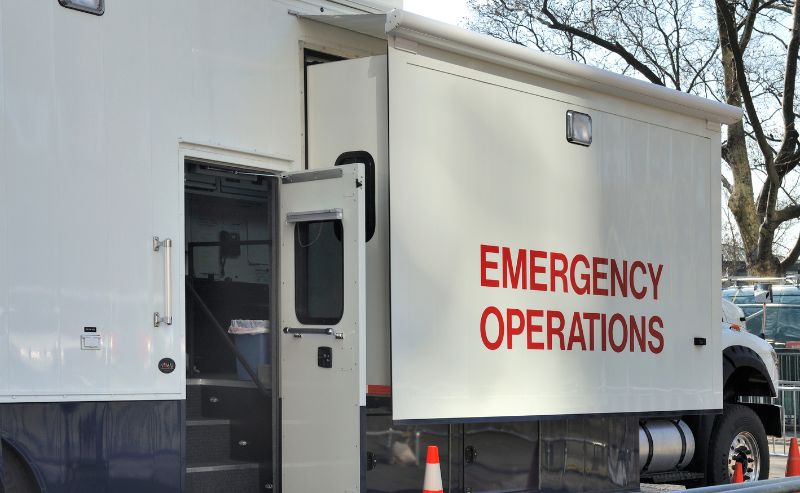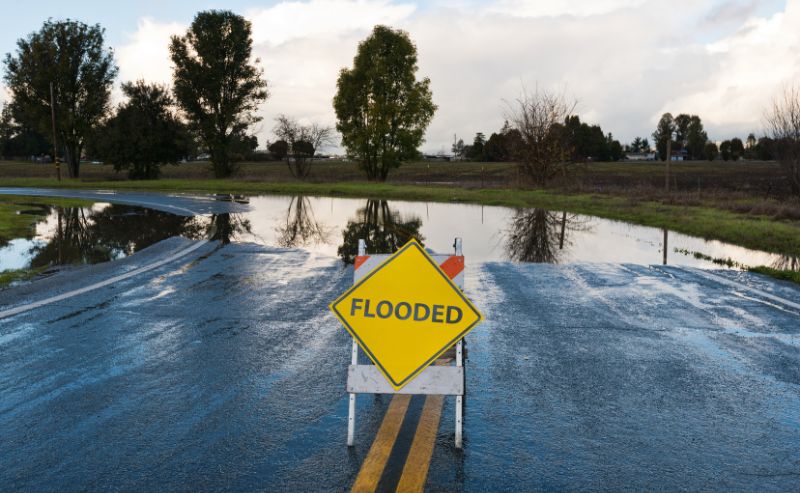It’s been over two years since the CMS Emergency Preparedness Rule officially went into effect. And just over a year (November 16, 2018) since hospitals and other types of healthcare facilities receiving Medicare and Medicaid reimbursements had to comply with the ruling. That is, or face certain consequences, such as revocation of participation in the program or costly penalties.
The purpose of the ruling (though you probably don’t need a reminder) is “to establish national emergency preparedness requirements, ensuring adequate planning for both natural and man-made disasters, and coordination with federal, state, tribal, regional and local emergency preparedness systems.”
There are four core elements of the Emergency Preparedness Program and each one must be reviewed and updated annually.
Risk Assessment and Planning – All providers must develop an emergency plan using an all-hazards approach, planning and identifying in advance essential functions and who is responsible in crises.
Policies and Procedures – These must be developed based on the plan (e.g. medical documentation, evacuation or shelter and place).
Communications Plan – Identify alternate means of communication to provide info to local authorities; share medical information; and provide occupancy details about ability to provide assistance to other facilities in the community, i.e., transfer agreements.
Training and Testing Program – Thoroughly train staff and test the plan through drills and exercises.
So, where in the planning process is your healthcare facility today? Is it fully prepared to deal with natural and human-caused disasters? Was it already found to be in compliance with the CMS Emergency Preparedness Rule during its annual health and safety inspection? (If so, kudos to you.) Or, is it dreading the day when the CMS inspectors come knocking at the door?
There most likely won’t be any leniency since the Federal Register posted the final rule Emergency Preparedness Requirements for Medicare and Medicaid Participating Providers and Suppliers so very long ago.
Online planning solutions tailored to CMS requirements can improve compliance and reduce risk. Don’t waste valuable time or lose precious Medicare/Medicaid reimbursements. Contact BOLDplanning at 615.469.5558 or info@BOLDplanning.com today. Also, download the company’s White Paper, CMS Emergency Preparedness Final Rule: 10 Reasons Why You Need Online Planning Software for Better Compliance.






